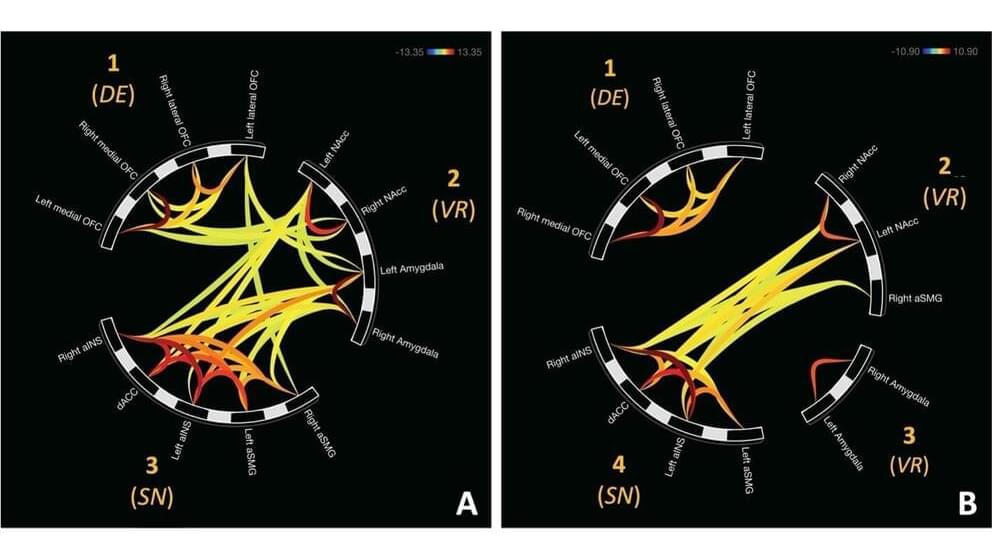Human decision-making has been the focus of countless neuroscience studies, which try to identify the neural circuits and brain regions that support different types of decisions. Some of these research efforts focus on the choices humans make while gambling and taking risks, yet the neural underpinnings of these choices have not yet been fully elucidated.
Researchers at University of Louisville carried out a study aimed at better understanding the patterns in neural network communication associated with ‘bad’ decisions made while gambling. Their paper, published in Frontiers in Neuroscience, shows that different types of ‘bad’ decisions made while gambling, namely avoidant and approach decisions, are associated with distinct neural communication patterns.
“Our recent work follows a line of research that examines how humans approach rewarding and punishing situations in the environment,” Brendan Depue and Siraj Lyons, the researchers who carried out the study, told Medical Xpress.










Comments are closed.